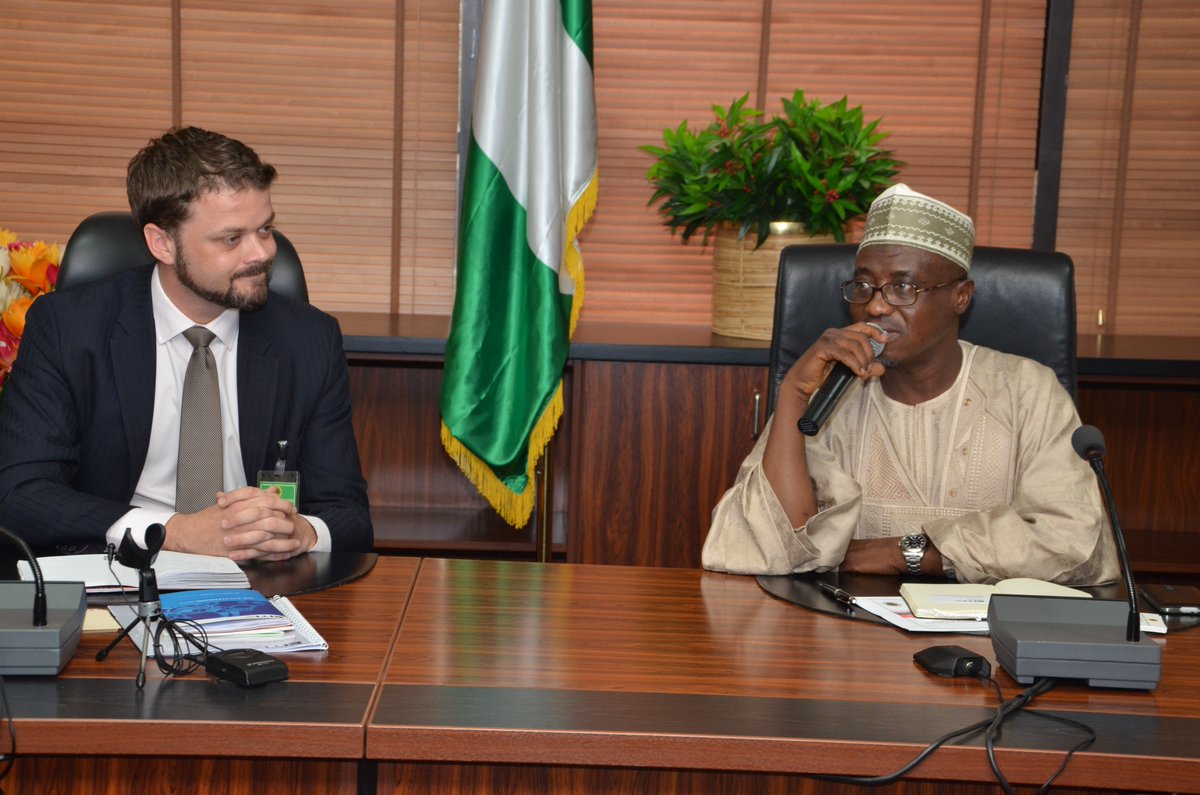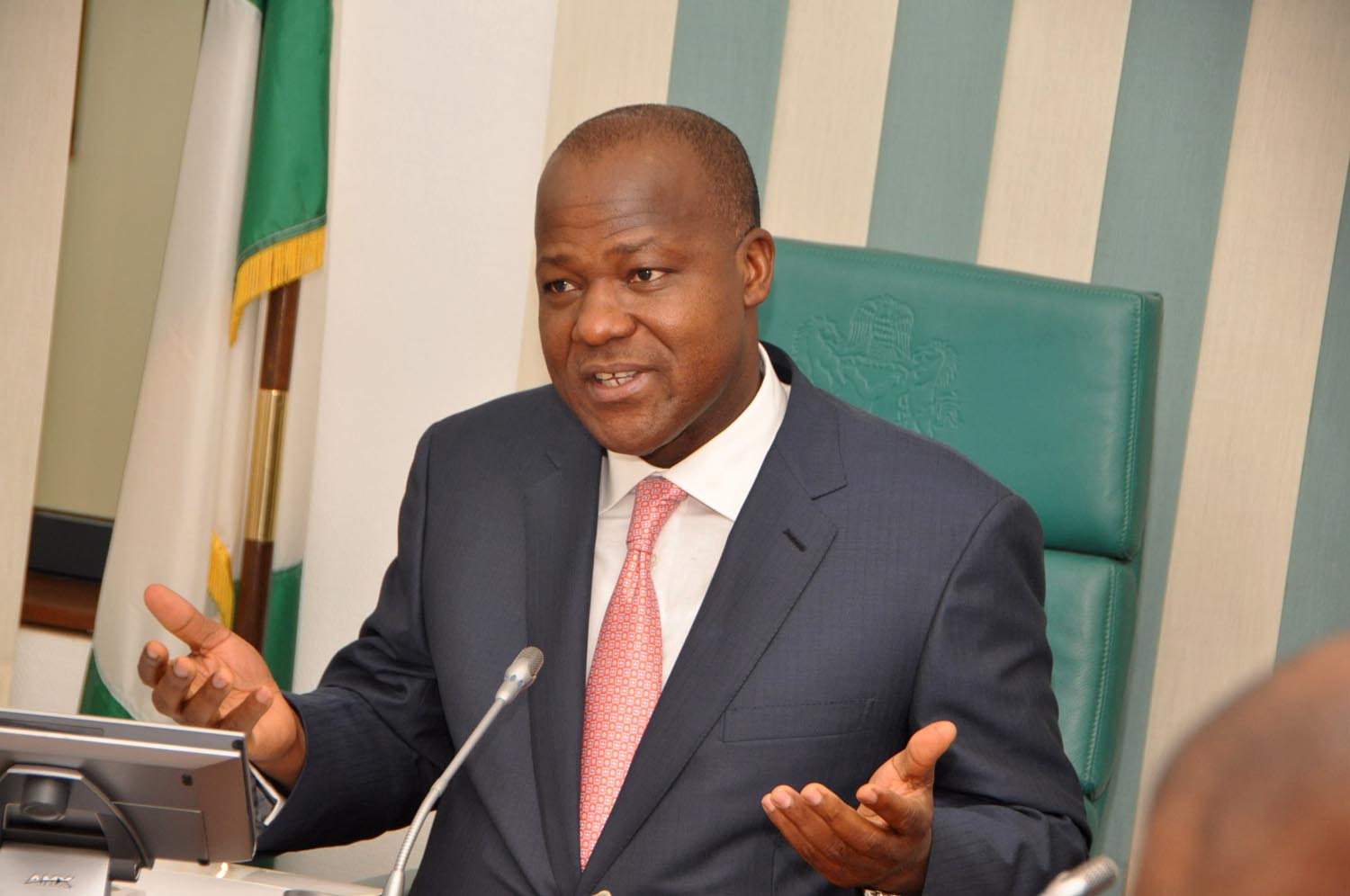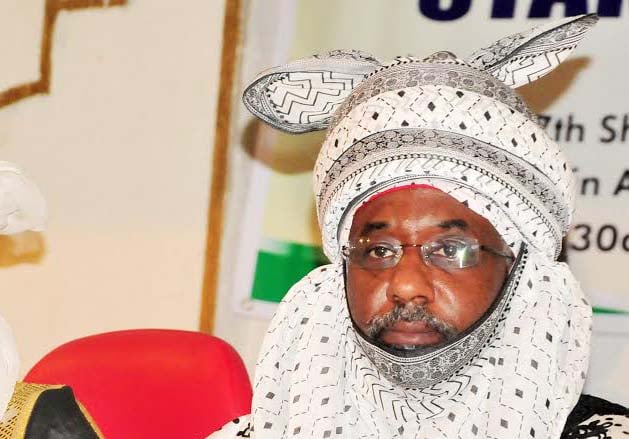Maikanti Baru, group managing director of the Nigerian National Petroleum Corporation (NNPC), says the corporation remains committed to transparency and accountability.
This is coming after three months of non-disclosure of NNPC financial statements and corporate performance. The last financial statement released by NNPC was the April 2016 report.
According to the Organisation of Petroleum Exporting Countries (OPEC), Nigeria could not make available, its oil production levels for the month of June — one of four defaulting members.
Baru’s stance was disclosed in a discussion with Alex Gordy, country manager of the Extractive Industries and Transparency Initiative (EITI), a global body which promotes public awareness about how countries manage oil, gas and mineral resources.
Advertisement
“We have been interacting a lot with NEITI and in those engagements, we have been very cooperative in providing the necessary information. We will always remain committed towards implementing NEITI’s good standards,” Baru said.
Describing NNPC’s relationship with NEITI over the years as cordial, Baru added that NEITI also collaborates with the corporation in the process of conducting its investigations “because whenever NEITI requests for any information, we always offer full disclosure”.
Baru explained that some of the major highlights of transparency and accountability in NNPC include the monthly publication of the corporation’s financial reports as well as the public opening of bids for NNPC contracts
Advertisement
EITI, according to Garba Deen Muhammad, NNPC spokesman, lauded Nigeria as one of the first countries to implement its standards.
Muhammad said Gordy, who led his team to the NNPC on Wednesday, stated that out of about 51 countries, Nigeria is key in shaping the global EITI development.
Gordy “expressed happiness that Nigeria has expanded the scope of its implementation of the EITI standards, across the entire value chain of the oil and gas industry as exemplified by the organisation’s Nigerian arm, NEITI”.
The EITI validation exercise is done in order to assess a country’s compliance with EITI principles and criteria.
Advertisement
These include commitment to implement EITI standards, commitment to work with civil society and the private sector, having individuals that lead implementation, and a work plan agreed with stakeholders.
Add a comment







